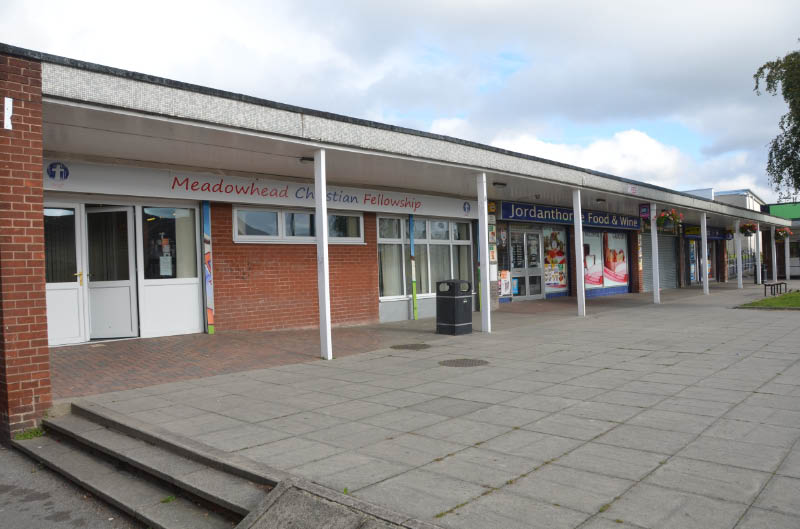4 July 2017

The little-known Places of Worship (Enfranchisement) Act 1920 allows a tenant - a religious organisation - to buy the freehold from their landlord. It was envisaged to apply to traditional churches or chapels. In 1967 it was extended to include the minister’s house, and in a case decided in February this year it was shown that now, in the modern era, it will apply to more utilitarian buildings, on certain conditions. The qualifying criteria include a requirement that the original lease was over 21 years, and another, that the landlord is not a statutory authority, such as the local Council.
Marcus Andrews FRICS of Goadsby Surveyors Bournemouth says that landlords of commercial property who decide to let out property for use as a church - and nowadays religious organisations are renting properties such as former nightclubs and factories - do need to be aware of this. He says “if you don’t want to be compelled to sell your freehold, several years down the line, consider carefully what you do: only grant a lease of 20 years or less”. Unlike other rights for tenants to buy the freehold of a residential property, the rent does need be a ‘low’ ground rent, it could be a market rent for the building, provided is used as a church.
The parliamentary draftsman 100 years ago could not have envisaged that a former supermarket being caught by the Act, but it was such just such a building, where the Meadowhead Christian Fellowship had taken an assignment from a retailer (at Unit 3, Jordanthorpe Centre, Dyche Lane, Sheffield), that duly qualified. So in an enfranchisement the Fellowship triggered in November 2015 - and where the compensation was set in February this year – we saw a shop situated in a shopping precinct, in use by a church, acquired under the 1920 Act.
The real dispute on the Sheffield ‘shop’ was the sum that the pension fund (K&M Wholesale Suppliers Limited 1987 Retirement Benefit Scheme) who owned the freehold of the premises, should receive as compensation for parting with its property. The Upper Tribunal (where the matter was referred) decided – as set out in the Act – that payment was to be based on the rules set out in the Compulsory Purchase Act 1965, as if the Meadowhead Christian Fellowship were acquiring the premises by virtue of a compulsory purchase. The 1965 Act is normally used by Councils to compel someone to sell. It does not allow any element of ‘marriage value’ to apply. This might arise in a situation where a tenant was otherwise in negotiation to buy the freehold from their landlord. As a low rent of £50 was payable for another 72 years, the figure that applied represented the notional market value of the premises with vacant possession deferred until 2088, of £5,989, plus £850 for the pension fund’s loss of ground rent over the remaining term of the lease. Thus, the Tribunal fixed a total sum payable by the church of £6,839 plus the costs of landlord.
Should you require any further information or advice please feel free to contact Marcus Andrews FRICS